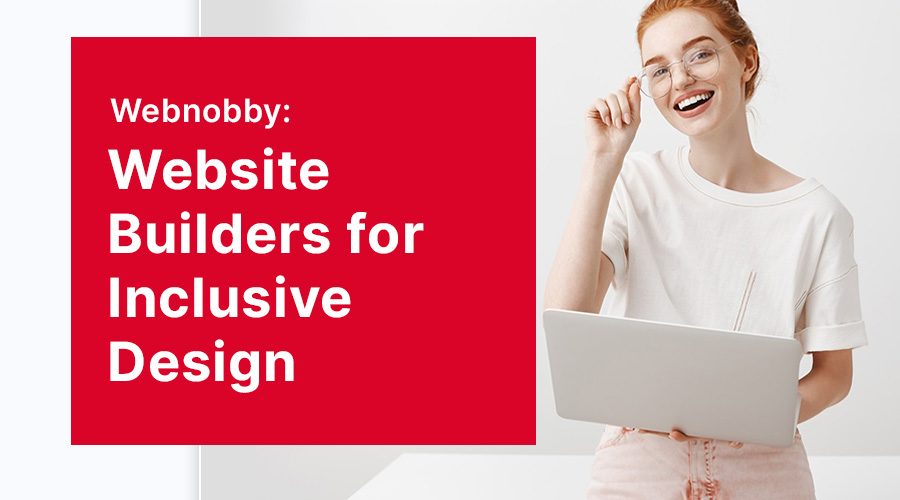Introduction
You know how it feels when you’re locked out of a party everyone’s enjoying? Not great, right? Well, imagine that party is the internet, and not just a fleeting event but an essential part of modern life. A pretty grim scenario, huh? That’s the reality for millions of people with disabilities if we don’t prioritize accessibility in web design. So, let’s open that door and make the online world inclusive for everyone!
Table of Contents
- Why Does Web Accessibility Matter?
- What is Inclusive Design?
- Top Website Builders for Inclusive Design
- The Role of AI in Accessibility
- Incorporating Inclusive Design: Steps to Success
Why Does Web Accessibility Matter?
In a nutshell, it’s all about equality. The digital realm should be as accessible as a public park—no barriers, no exclusions. Why? Because the internet has become an essential service, a lifeline for many, especially in these COVID-tinged times.
Imagine being unable to perform tasks like online banking, online shopping, or accessing vital information because of inaccessible web design. Sounds frustrating, doesn’t it? That’s what people with disabilities face daily. It’s high time we design with empathy and inclusion in mind.
What is Inclusive Design?
Remember the children’s tale “Goldilocks and the Three Bears”? The porridge was either too hot, too cold, or just right. Inclusive design is like that ‘just right’ porridge—it caters to a wide range of individual preferences and abilities.
Inclusive design is not a trend or buzzword, but a necessity. It’s about building websites that are easy to navigate and interact with for all users, regardless of their abilities. It’s about breaking down barriers and creating digital spaces that welcome everyone.
Top Website Builders for Inclusive Design
So, who’s leading the charge towards a more inclusive digital world? Several website builders have taken steps towards this goal. Platforms like Wix, WordPress, and Squarespace have been upping their game, incorporating accessibility features that make it easier for people with disabilities to use their platforms.
Take Wix, for example. Their Wix Accessibility Wizard tool aids in creating websites that meet the Web Content Accessibility Guidelines (WCAG). WordPress, with its vast array of plugins, offers various options for enhancing website accessibility. And let’s not forget Squarespace, which provides built-in features to improve the accessibility of the sites built on its platform.
The Role of AI in Accessibility
Imagine if Tony Stark’s Jarvis could make your website accessibility woes disappear. Sounds like a dream? Well, we’re not quite there yet, but AI is making significant strides in this arena.
AI, with its advanced machine learning capabilities, can help identify and fix accessibility issues. Tools like accessiBe and EqualWeb use AI to automatically scan and correct accessibility problems. These tools could be game-changers, helping us create a more inclusive digital world.
Incorporating Inclusive Design: Steps to Success
So, how can you make your website more accessible? Is there a secret recipe or a magic wand? Unfortunately, no, but there are steps you can follow. Firstly, educate yourself about web accessibility standards like WCAG and ADA. Understand the diverse needs of your audience.
Secondly, choose the right tools. Website builders like the ones mentioned earlier can provide a solid foundation. Additionally, employ AI tools to identify and fix issues. Finally, adopt a continuous improvement mindset. Regular audits and updates are key to maintaining an accessible website.
Conclusion
Inclusivity in web design is more than a noble pursuit—it’s an obligation. At Webnobby, we believe in building digital spaces where everyone feels welcome. After all, the internet is a global party, and no one should be left outside the door.


